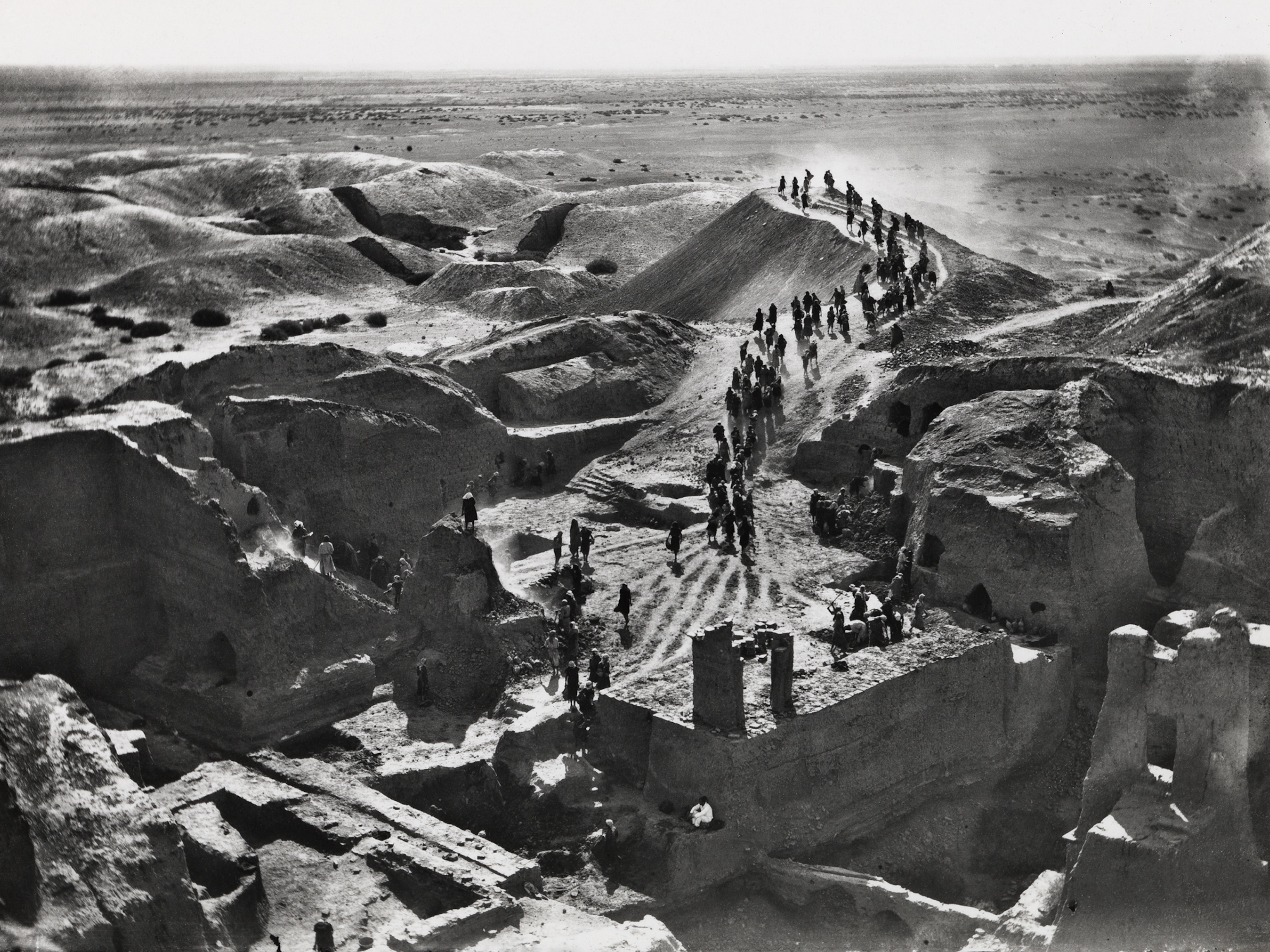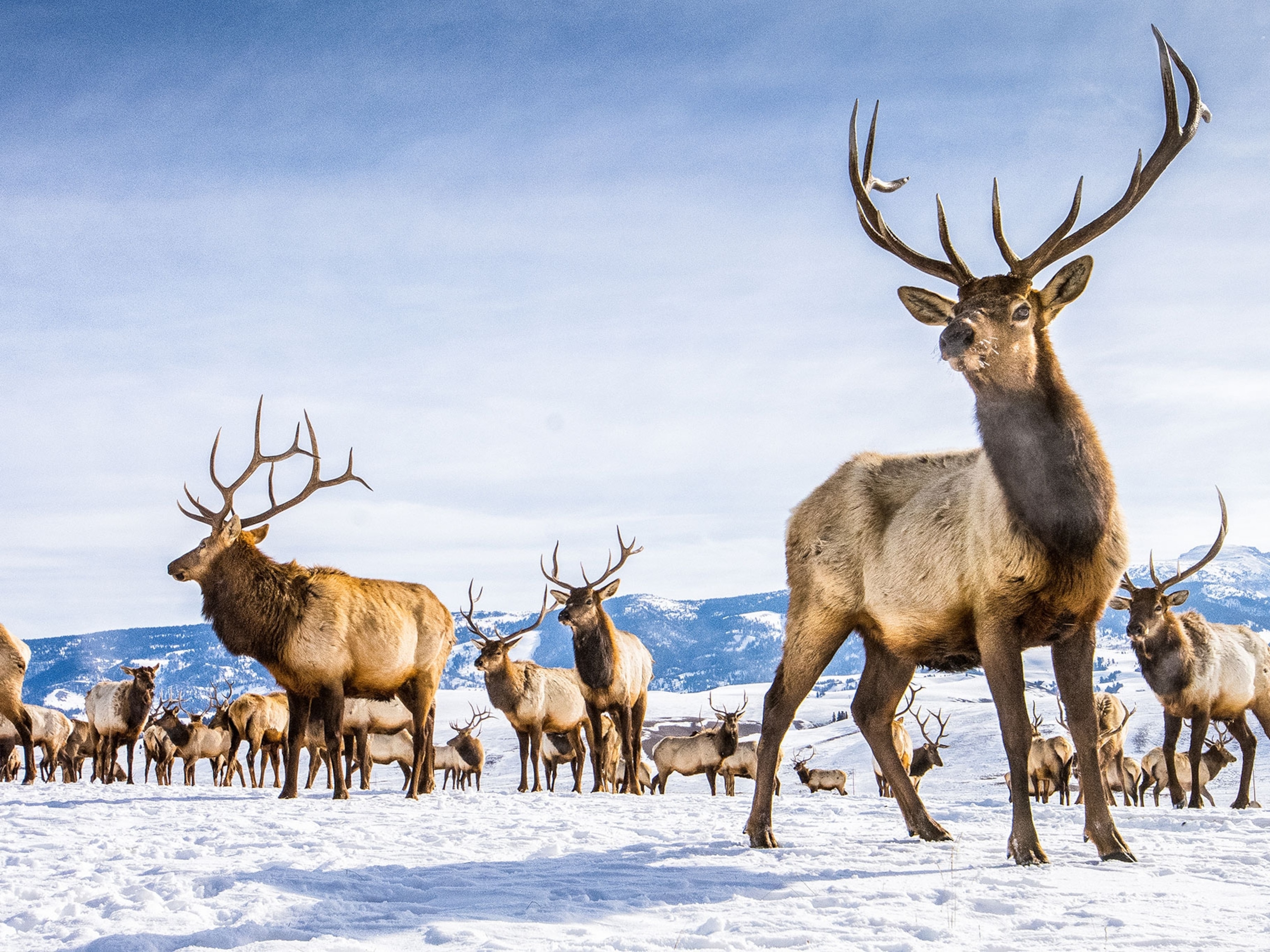
From "Turin" to "Torino": Olympics Put New Name on the Map
A big decision from the International Olympic Committee may have mapmakers and atlas editors rethinking what to call the host city of this winter's games.
Names don't last forever, including those on desktop globes. Changing place-names reflect shifts in world history, whether it's the collapse of the Soviet Union or a decision by the International Olympic Committee (IOC).
The city in Italy (map) that's hosting this month's 2006 Winter Olympics is known throughout the English-speaking world—and to speakers of the traditional Piedmontese language of the region—as Turin. But the official name, as far as the Olympics are concerened, is "Torino," in keeping with a decision by the IOC.
Unlike past Olympic venues that went by their English names, the IOC chose the Italian version after the city's leaders lobbied for the change.
While confusing for millions of English speakers, the name swap could eventually make "Torino" part of the standard geographic vocabulary.
For now, English-language media covering the games, which open Friday, are split over what to call the city.
Among those going with "Torino" are television networks NBC and CBS, and the newspaper USA Today.
NBC, which has the U.S. broadcast rights for the games, reportedly thought "Torino" sounded more exotic than "Turin," a name more closely associated with heavy industry than with winter sports.
Other media outlets, including the Associated Press, the New York Times, and the Canadian Broadcasting Corporation, are sticking with the familiar "Turin."
The BBC, which is broadcasting the games in Britain, is billing its programs the "Winter Olympics" to "keep it direct and simple," said Tim English of BBC Sport in London.
Turin Coverage
"Our presenters and commentators will initially be using 'Turin,' because that is how the city is known in the English-speaking world, and [it] will relate better to the vast majority of our viewers," English said.
"However," he added, "we will try as much as possible to bring in the Italian 'Torino' at appropriate moments, in order to reflect the official name of the city and educate the audience."
If this is what the Italian organizers are hoping, "Torino" may well catch on with English speakers, agrees David Miller, senior map editor at the National Geographic Society in Washington, D.C. (National Geographic News is a service of the National Geographic Society.)
"Because of the media blitz, I have a feeling a lot of people will start referring to Turin as 'Torino,'" he said.
There's even a chance that the games could quite literally put "Torino" on the world map, Miller said.
"Since we're going with a largely English-speaking audience, we usually show the conventional, or anglicized, spelling," the mapmaker said. "So we would show 'Milan' instead of 'Milano,' 'Rome' instead of 'Roma,' and 'Turin' instead of 'Torino.'"
"Who knows," he added, "if the Olympics make 'Torino' really famous, we may start giving it higher usage. We react to popular media as well as governments and basically evaluate overall usage."
In many modern atlases, detailed plates already show the native spelling, with the English or conventional name in parentheses below.
If "Turin" does make way for "Torino," it wouldn't be the first example in Italy. The city of Livorno has the rather inelegant English title of "Leghorn," which local people took a dislike to.
"Hardly anybody uses 'Leghorn' anymore," Miller said.
Lost Names
English-language place-names have been altered or wiped off the map elsewhere around the world in response to political change or regional sensitivities.
In postcolonial Africa, for instance, formerly British-ruled Rhodesia became Zimbabwe, and the country's capital Salisbury became Harare.
Similarly, South Africa is changing apartheid-era place names to ones that reflect its multiethnic society.
Meanwhile, Côte d'Ivoire in West Africa doesn't like being referred to as Ivory Coast.
"The only other country that we show [on the world map] in its native name because of government insistence is the world's newest country, Timor-Leste, or East Timor," Miller said.
Timor-Leste is keen to build on its Portuguese colonial heritage to differentiate it from Indonesia, which occupied the country until recently, Miller says.
Ukraine, also for reasons of national identity since independence following the Soviet Union's breakup, has pressed for its capital to be spelled in English as "Kyiv" instead of "Kiev," as the latter is based on Russian, not Ukrainian.
Sometimes it's geography itself that kills place-names off.
"One that we recently removed is a fairly big feature in Brazil called the Mato Grosso Plateau," Miller said. "The Brazilians say they don't use this [term] anymore, as there is no such thing."
"A lot of the interior of Brazil was a vast unknown, and the geography is becoming better known through aerial photography and satellite imagery," the map editor explained.
"What they thought was a large plateau is actually more like a ridge."




